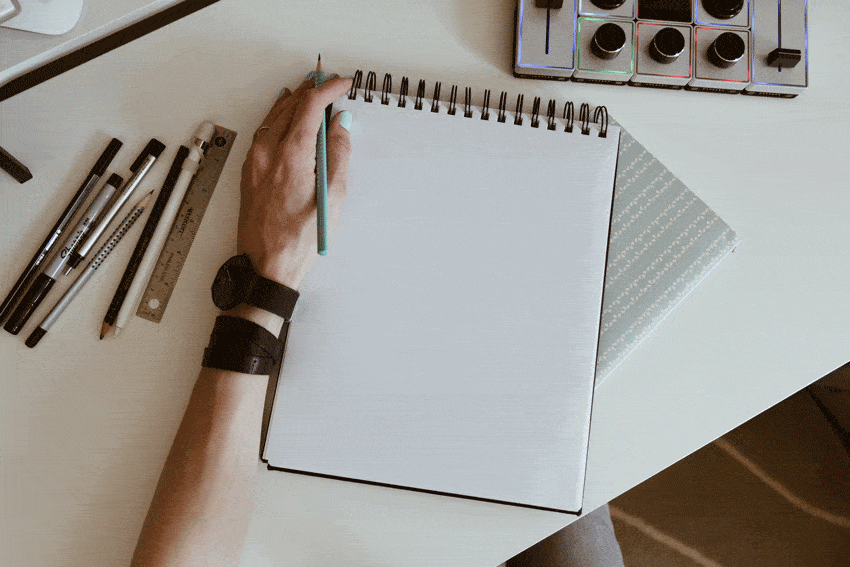
A few weeks ago, over spring vacation, we did a family screen detox. We all just spend too much time staring at screens, sometimes more than one screen at once, ugh, and we all needed to back way the heck off and re-learn how to do other things with our time and minds and attention. The kids astutely pointed out that actual detox in real life doesn’t even work, to which we astutely responded, “Too bad; we’re doing it anyway.”
So we did, and it was good. We spent a lot of time together, we read and crafted more, and I absolutely did not miss the bleak numbness that comes with constant, obsessive doom scrolling. One kid, who formerly spent most of his free time drawing and animating on his tablet, pulled out his old sketch pads and started drawing with pencils and ink again. He’s quite good, and I love seeing him draw either way, but I was excited to see the return of the paper and pencil. I asked him how that went.
He said that it was hard, but good. He described what a different sensation it is to feel the texture of the paper under the tool, rather than to work directly with your fingertip on a screen. He said he’d like to develop both skills, because they’re each useful and valuable in their own ways.
Then he said something I hadn’t thought of: That drawing on paper was scarier, because you can’t just disappear your mistakes. When you make a mistake on a tablet, you can just tap it twice (or whatever; I forget exactly what the gesture is) and you revert back to the previous version. But on paper, you can either try to erase a mistake, or you can try to work with it, but you can’t just make it like it never happened.
Here’s the part that got my attention: I asked him if this made drawing on paper a worse experience, and he said no. It just made it harder because the stakes were higher; but they payoff was also higher. It wasn’t that he performed better under pressure; it was that he had to think more about what he was going to do and why. Thinking it through first and then taking a risk was a different process from putting down whatever popped into his head and then eyeballing it to see if it worked, and making it vanish if it didn’t. It made him learn more.
And here’s the part where I make a confession. I’ve been thinking about this for weeks, and it certainly sounds like a metaphor to me. But I don’t know what for! (I wasn’t kidding when I said a few weeks ago that “I just don’t know” has been my motto lately.) So perhaps you can consider this less of an essay, and more of an essay kit: I give you the pieces, and you put it together and personalise it. Or maybe consider it my old school essay, written on paper. I’m putting something out there, and I don’t know if it’s going to work or not.
What do you think? What in your life has played out this way? What is better because it’s harder, because you can’t just undo your mistakes, but you have to work with the commitment you set down? Or what have you learned by ruining something and having to start over?
Related:
